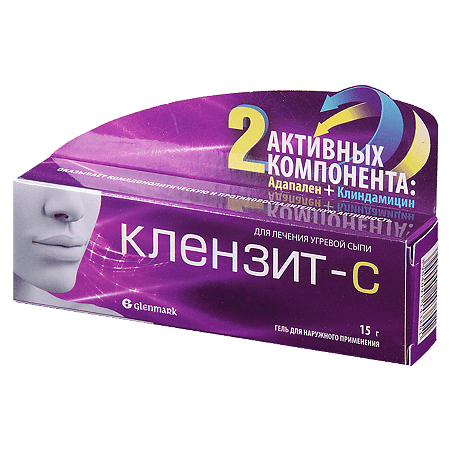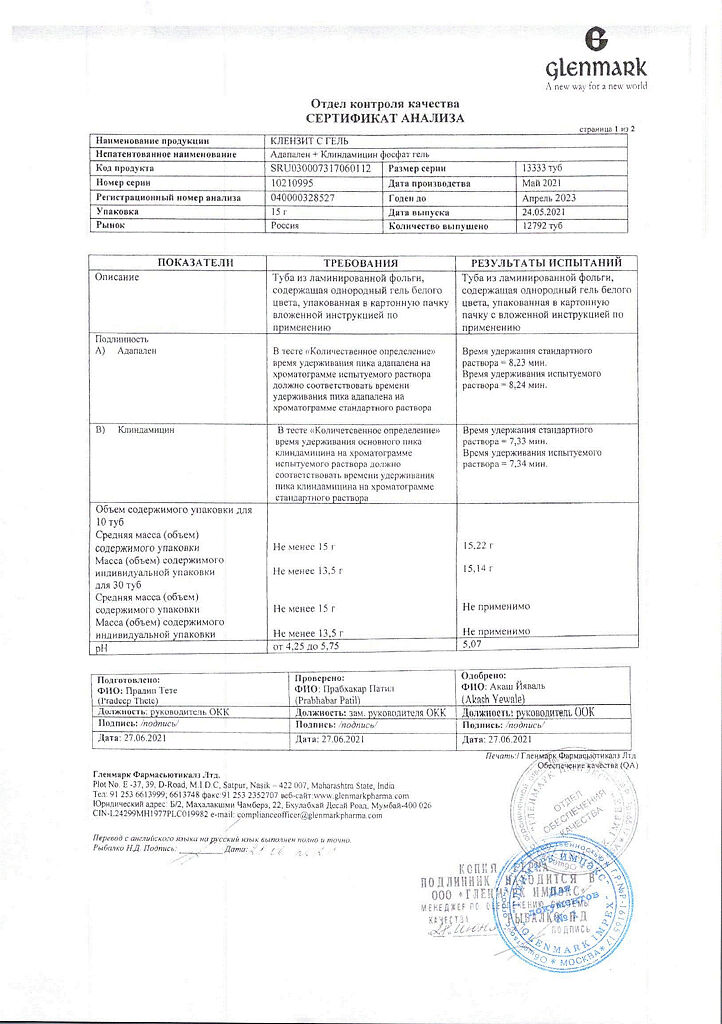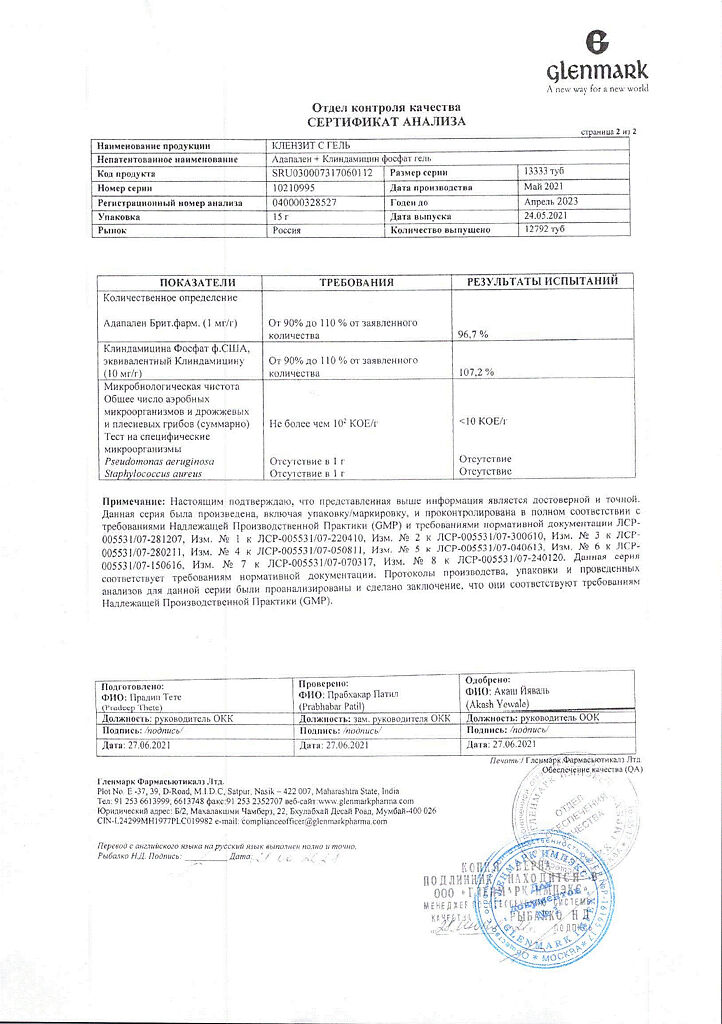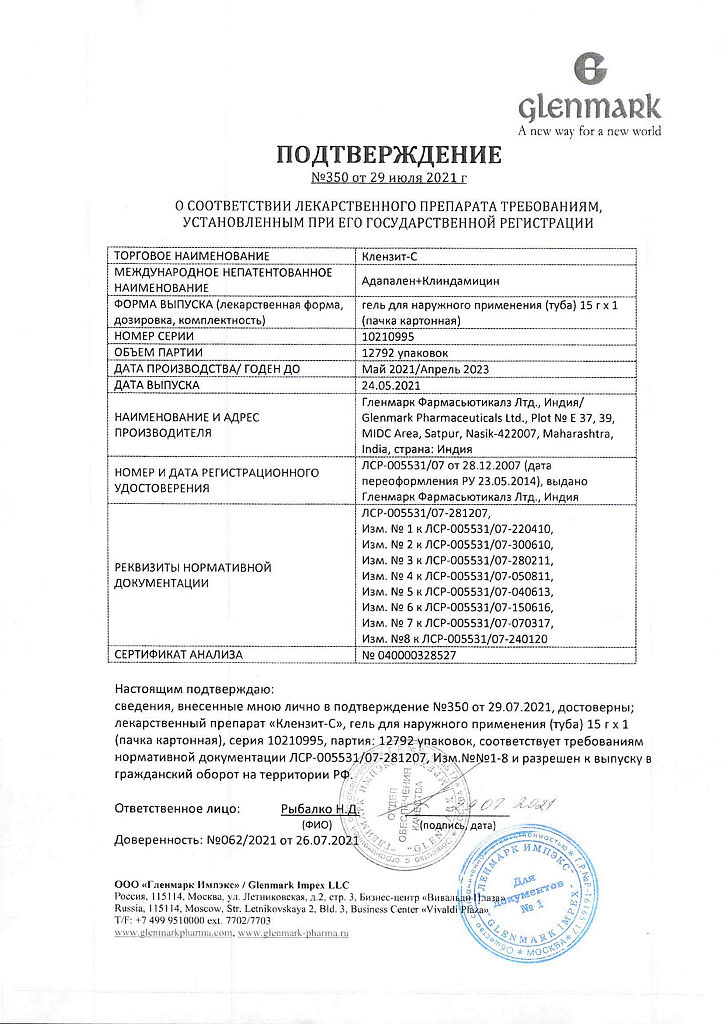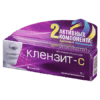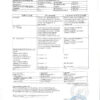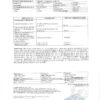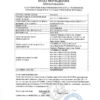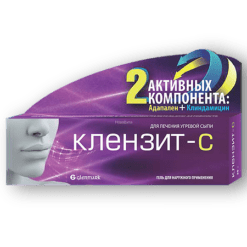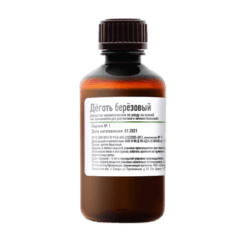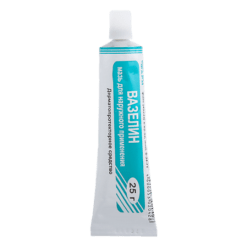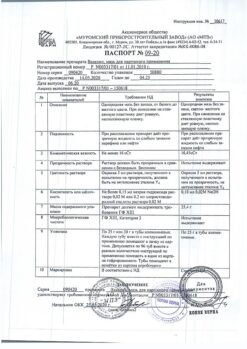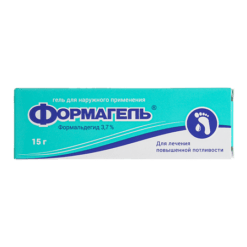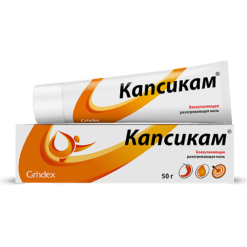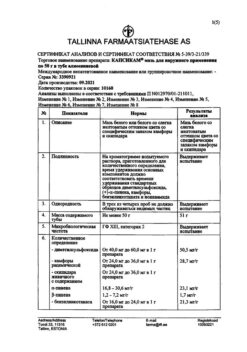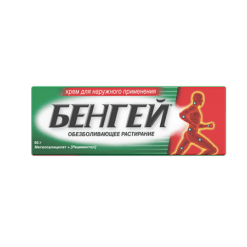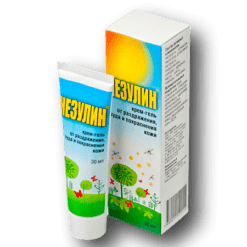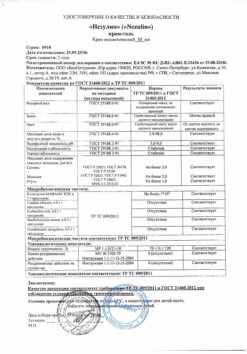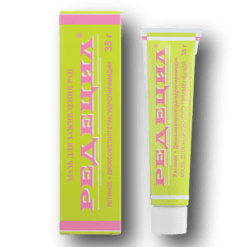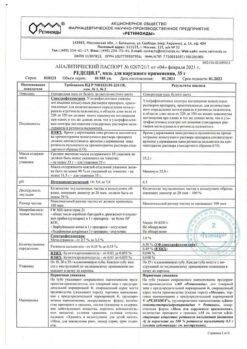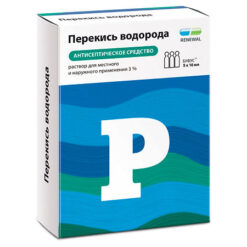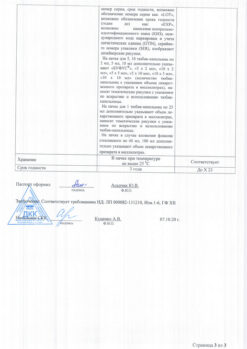No products in the cart.
Clenzit-S, gel 15 g
€24.00 €20.00
Description
Klenzit C Gel is a combination medicine for the treatment of acne (acne), topical application. The active ingredients are Adapalene and Clindamycin.
The retinoid derivative, Adapalene, has anti-inflammatory and comedolytic activity. It has an effect on open and closed comedones and helps normalize the processes of epidermal differentiation and keratinization.
The drug reduces the moment of binding of follicular epithelial cells which promote formation of microcomedones and also inhibits chemokinetic reactions and chemotaxis of polynuclear cells.
The antimicrobial agent clindamycin belongs to the group of lincosamides and has bacteriostatic activity against many microorganisms. Clindamycin binds to the 50S subunit of the ribosomal membrane and inhibits protein replication in the bacterial cell.
It also has a bactericidal effect against some Gram-positive cocci.
In therapy with Klensit C patients with acne decrease the intensity of inflammation, acne cells decrease, as well as decrease the number of comedones and the general improvement of facial skin condition.
In connection with external use of Clensit C its systemic absorption is insignificant.
Indications
Indications
Treatment of acne (acne disease).
Pharmacological effect
Pharmacological effect
Gel Klenzit S is a combined drug for the treatment of acne (acne), for local use. The active substances are Adapalene and Clindamycin.
A retinoid derivative, Adapalene, exhibits anti-inflammatory and comedolytic activity. It has an effect on open and closed comedones, helps normalize the processes of epidermal differentiation and keratinization.
The drug reduces the moment of binding of follicular epithelial cells, which contribute to the formation of microcomedones, and also inhibits chemokinetic reactions and chemotaxis of polynuclear cells.
The antimicrobial agent Clindamycin belongs to the group of lincosamides and has bacteriostatic activity against many microorganisms. Clindamycin binds to the 50S subunit of ribosomal membranes, inhibiting protein replication in the bacterial cell.
It also exhibits a bactericidal effect against some gram-positive cocci.
When therapy is carried out with the use of Klenzit S, patients with acne experience a decrease in the intensity of inflammation, a decrease in acne elements, as well as a decrease in the number of comedones and a general improvement in the condition of the facial skin.
Due to the external use of the drug Klenzit S, its systemic absorption is negligible.
Special instructions
Special instructions
At the initial stages of treatment, an exacerbation of acne may occur, which disappears during the treatment process. If skin irritation occurs, stop using the gel (temporarily or completely).
Avoid contact with eyes, mouth, nasal cavity and other mucous membranes. If you accidentally get the drug into your eyes, mouth or nose, rinse them immediately with warm water.
Excessive exposure to sunlight or ultraviolet radiation should be avoided. In case of prolonged exposure to the sun, do not apply the gel the day before, as well as on the day of sun exposure and the next day.
The simultaneous use of cosmetics with a drying or irritating effect (for example, cologne, perfume and other ethanol-containing products) is not recommended.
With external use of clindamycin, cases of diarrhea and colitis are extremely rare; however, caution should be exercised and if severe or prolonged diarrhea develops, the drug should be discontinued and, if necessary, appropriate diagnostic and therapeutic measures should be taken. Pseudomembranous colitis can appear both during long-term use and 2-3 weeks after stopping treatment; manifested by diarrhea, leukocytosis, fever, abdominal pain (sometimes accompanied by discharge of blood and mucus with feces).
If these phenomena occur in mild cases, it is sufficient to discontinue treatment and use ion exchange resins (colestyramine colestipol); in severe cases, compensation for the loss of fluid, electrolytes and protein is indicated by prescribing oral vancomycin or metronidazole. Do not use drugs that inhibit intestinal motility.
Impact on the ability to drive vehicles. Wed and fur.:
Not studied.
Active ingredient
Active ingredient
Adapalene, Clindamycin
Composition
Composition
Active ingredients:
adapalene (micronized) 1 mg,
clindamycin (phosphate form) 10 mg.
Excipients:
disodium edetate,
carbomer 940 (carbopol 940),
propylene glycol,
methyl parahydroxybenzoate,
phenoxyethanol,
poloxamer 407,
sodium hydrochloride,
purified water.
Pregnancy
Pregnancy
During pregnancy and breastfeeding, the use of the drug is contraindicated.
Contraindications
Contraindications
hypersensitivity to Adapalene, Clindamycin and other ingredients of the drug;
lactation period;
pregnancy period.
Use with caution for eczema and dermatitis.
Side Effects
Side Effects
On the part of the skin and subcutaneous fat: dry skin, irritation, burning sensation, erythema, contact dermatitis, discomfort, sunburn at the site of application of the drug, peeling of the skin, soreness of the skin, swelling of the skin, increased production of the sebaceous glands, urticaria.
From the organs of vision: irritation of the eyelids, itching of the eyelids, swelling of the eyelids, erythema in the eyelid area, burning sensation in the eyes.
From the digestive system: abdominal pain, gastrointestinal disorders (diarrhea, nausea, vomiting).
Other: allergic reactions, folliculitis caused by gram-negative flora, possible development of pseudomembranous colitis.
If skin irritation develops, treatment should be suspended until the irritation disappears or the frequency of use should be reduced.
Consult your doctor if you experience any of the side effects mentioned or other side effects not listed above.
Interaction
Interaction
No interaction studies have been conducted with other drugs. However, other retinoids or topical antibiotics or drugs with a similar mechanism of action should not be used simultaneously.
Caution should be exercised when simultaneously using cosmetics with exfoliating irritating or drying effects due to possible additional irritating effects.
Absorption of adapalene through the skin is low, so the development of interactions with systemic drugs is unlikely.
After external use of clindamycin, very low concentrations of clindamycin are detected in the blood serum and urine. There is cross-resistance of microorganisms to clindamycin and lincomycin. Antagonism between clindamycin and erythromycin has been noted. It has been established that clindamycin disrupts neuromuscular transmission and therefore can enhance the effect of other peripherally acting muscle relaxants; therefore, the drug should be used with caution in patients receiving drugs of this group.
Concomitant use with medications containing erythromycin is not recommended.
Overdose
Overdose
An overdose of adapalene is unlikely.
When applied externally, clindamycin can be absorbed in quantities causing systemic effects. In case of overdose, symptomatic and supportive therapy is indicated.
If you accidentally take the drug orally, you must rinse your stomach and consult a doctor immediately.
Storage conditions
Storage conditions
In a place protected from light, at a temperature not exceeding 25 °C (do not freeze)
Shelf life
Shelf life
2 years. Do not use after expiration date.
Manufacturer
Manufacturer
Glenmark Pharmaceuticals Ltd, India
Additional information
| Shelf life | 2 years. Do not use after the expiration date. |
|---|---|
| Conditions of storage | In the dark place at a temperature not exceeding 25 °C (do not freeze) |
| Manufacturer | Glenmark Pharmaceuticals Ltd, India |
| Medication form | gel for external use |
| Brand | Glenmark Pharmaceuticals Ltd |
Other forms…
Related products
Buy Clenzit-S, gel 15 g with delivery to USA, UK, Europe and over 120 other countries.

